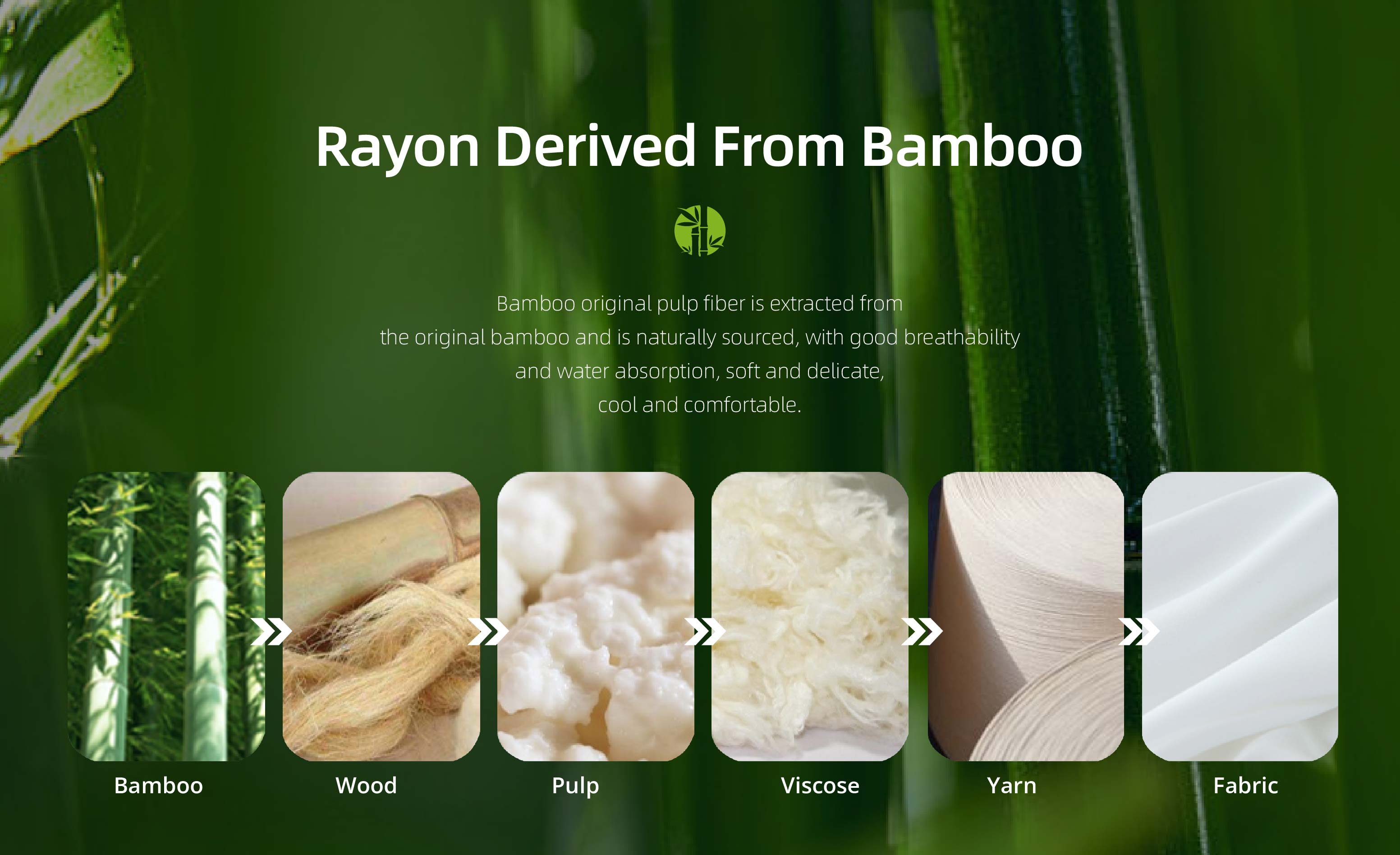

Dek . 27, 2024 05:48 Back to list
The Importance of Steel Recycling Plants in Sustainable Development
In recent years, the global emphasis on sustainability and environmental conservation has led to a significant focus on recycling. Among various materials, steel is one of the most recycled substances worldwide, primarily due to its versatility and durability. Steel recycling plants play a crucial role in this process, transforming scrap steel into reusable materials while contributing to a cleaner environment, economic growth, and resource conservation.
Steel is an invaluable resource due to its widespread use in various applications, including construction, manufacturing, transportation, and energy. The production of new steel from raw materials, such as iron ore, is energy-intensive and has a significant environmental impact. In contrast, recycling steel consumes approximately 75% less energy, resulting in reduced greenhouse gas emissions and lower overall environmental footprints. Steel recycling plants are designed to harness this potential by processing scrap steel into high-quality raw materials for reuse in new steel products.
One of the most notable advantages of steel recycling plants is their contribution to resource conservation. Steel is abundantly available as scrap metal from various sources, including demolished buildings, old vehicles, and manufacturing processes. When steel is recycled, it reduces the demand for new iron ore mining, which can be detrimental to the environment. Mining activities often lead to deforestation, habitat destruction, and water pollution. By reducing the need for primary steel production, recycling plants help preserve natural resources and protect ecosystems.
Additionally, steel recycling plants contribute significantly to job creation and economic growth. The recycling industry generates millions of jobs globally, providing employment opportunities in collecting, processing, and distributing recycled steel. These jobs are essential for supporting local economies and facilitating community development. Moreover, steel recycling is often less vulnerable to economic fluctuations compared to the mining industry, ensuring a more stable economic environment.

The operational processes within steel recycling plants involve several steps, including collection, sorting, shredding, and melting. Scrap steel is collected from various sources and transported to recycling facilities. Once at the plant, it undergoes a sorting process to separate different grades and types of steel. This is crucial since different steel alloys have varying properties and uses. After sorting, the scrap steel is shredded to reduce its size, making it easier to melt down. The shredded steel is then melted in electric arc furnaces, where it is processed into new steel products. The final stage involves casting, rolling, and shaping the recycled steel into usable forms, ready for distribution and use in manufacturing and construction.
Moreover, steel recycling plants are technologically advanced, leveraging innovations in automation, data analytics, and environmentally friendly practices. Modern facilities use sophisticated machinery to optimize processes, minimize waste, and ensure the efficient use of resources. Innovations such as advanced sorting technologies and closed-loop systems are becoming increasingly common in the industry, further enhancing the sustainability of steel recycling operations.
The benefits of steel recycling plants extend beyond environmental conservation and economic growth. They also promote social awareness regarding sustainability. As communities become increasingly aware of the importance of recycling, steel recycling plants often engage in educational initiatives, fostering a culture of sustainability. These initiatives help individuals understand their role in reducing waste and promoting a circular economy, where resources are reused and recycled rather than discarded.
In conclusion, steel recycling plants are essential components of a sustainable future. They play a vital role in reducing energy consumption and greenhouse gas emissions, conserving natural resources, and creating economic opportunities. As the world continues to prioritize sustainability, the steel recycling industry will undoubtedly expand, paving the way for greener practices and encouraging a mindset centered on responsible consumption and waste management. By supporting and investing in steel recycling, we can contribute to a healthier planet while ensuring the availability of this critical resource for generations to come.
Latest news
Eddy Separator for Non-Ferrous Metals
NewsAug.22,2025
E Waste Bin for Collected Spray Cans: Sustainable Disposal Solutions
NewsAug.22,2025
Dual Shaft Shredder with Adjustable Blade Gaps
NewsAug.22,2025
Hammer Crusher Machine With Secondary Crushing
NewsAug.22,2025
Copper Granulator Our Promise of Recycling Excellence
NewsAug.22,2025
Industrial Shredders Crafted for E-Waste Recycling
NewsAug.22,2025